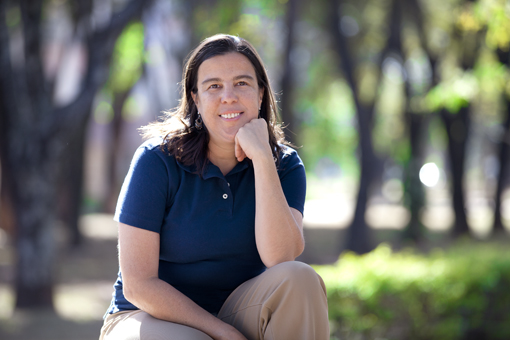This article is part of the Leaders of Social & Political Change series from the Fall 2012 issue of Americas Quarterly. View the full special section.
The ratification of Brazil’s federal Constitution in 1988 marked a milestone in the country’s commitment to the collective and common rights of its citizens. The Constitution expanded civil, social and political rights, and established channels of participation and representation for civil society—ensuring greater transparency in decision-making and public policymaking.
At the time, the Ford Foundation’s support of diverse civil society groups—many of whom were active in advancing specific proposals and interests—was crucial. With the passage of the 1988 Constitution, the demands and challenges for civil society shifted toward protecting the processes and rights the Constitution guaranteed. The Ford Foundation’s strategy and support followed suit.
The recognition of land rights for Indigenous and quilombola communities (the descendants of escaped slaves) is one example of the new opportunities and spaces created by the 1988 Constitution. Ensuring that laws and regulations comply with constitutional requirements is a challenge Brazilian civil society still faces today—the focus of my work.
Fortunately, international foundations like the Ford Foundation understood the complexities of affecting institutional, cultural and political change. The foundation played a key role in strengthening Indigenous organizations and efforts to ensure Indigenous control over their natural heritage, while also conserving the local forest—an innovation referred to as reservas extrativistas (extractive reserves).
In Brazil, the Ford Foundation drew on its ability to interact with political and social change in the struggle for political, social and economic rights. This on-the-ground interest and presence has allowed it to play a role that goes beyond providing financial support, to build synergies between partners and innovative approaches.
In the world that I work and live in, the defense of the civil rights of Indigenous peoples and inhabitants of quilombola communities and their rights to land and natural resources are some of my country’s greatest challenges. Under the umbrella of a new Constitution, social movements—with the support of foundations, Brazilian society and NGOs—have helped improve the quality of life of many communities and strengthened the ability of institutions to produce and support the development of inclusive public policies.




